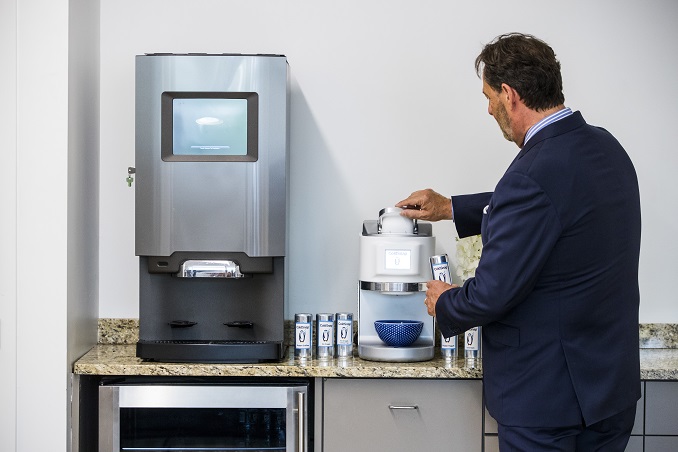While outdoor seating has helped mitigate revenue losses caused by restrictions on dine-in foodservice during the COVID-19 pandemic to an extent, restaurants face an uncertain fall and winter, with further layoffs expected across the hospitality industry as temperatures fall, outdoor dining becomes uncomfortable, and the threat of COVID-19 continues to loom.
How are foodservice operators adapting to the shifting market environment and what effect are these changes having on foodservice products? US Restaurant Reopening: COVID 19 Impact on Supplies, a new study from The Freedonia Group, analyzes the reopening of restaurants in the US during the COVID-19 pandemic, and what the industry can expect beyond it.
Fast Food Revenues Are Recovering More Quickly Than Full-Service Revenues
Since the first round of state-mandated non-essential business closures in March 2020, foodservice establishments traditionally oriented to takeout, delivery, and drive-through – such as pizzerias and fast food chains – have generally been better positioned to weather pandemic market conditions.
Meanwhile, many full-service – particularly fine dining – restaurants continue to struggle, driving operators to shift operations to support takeout and delivery, or close, many permanently. Because full-service establishments emphasize the dine-in experience and high product quality, transitioning to a profitable takeout/delivery model can be challenging.
Mixed COVID-19 Impact for Selected Foodservice Supplies
A variety of single-use and disposable products are used by the foodservice industry for continuing operations through the pandemic, with the outlook varying for these products not just in 2020 but also over the long term. For instance:
- The single-use foodservice product (a.k.a. foodservice disposable) segment has the greatest variety and largest number of products (from containers to bags to boxes to serviceware). It also has widest variation in growth rates, both in the short and long term.
- Disinfectant use in the foodservice industry has seen steady gains over the historical period, with growth in the short- and long-term boosted by increasing hygiene and sanitation standards. Wipes have generally seen better growth prospects than more conventional disinfectants, although this was not the case in 2020 due to shortages and the higher cost of wipes.
Read Also: Orlando Offers Safe and Fun Halloween & Fall Food Festivals
Want to learn more?
US Restaurant Reopening: COVID 19 Impact on Supplies is now available from The Freedonia Group.
About The Freedonia Group – The Freedonia Group, a division of MarketResearch.com, is a leading international industrial research company publishing more than 100 studies annually. Since 1985 we have provided research to customers ranging in size from global conglomerates to one-person consulting firms. More than 90% of the industrial companies in the Fortune 500 use Freedonia Group research to help with their strategic planning. Each study includes product and market analyses and forecasts, in-depth discussions of important industry trends, and market share information. Studies can be purchased at www.freedoniagroup.com and are also available on www.marketresearch.com and www.profound.com.







